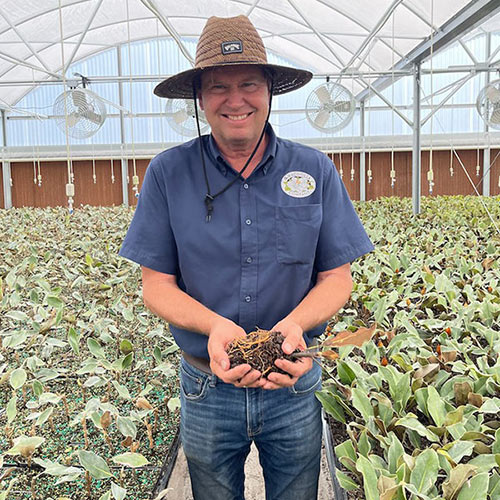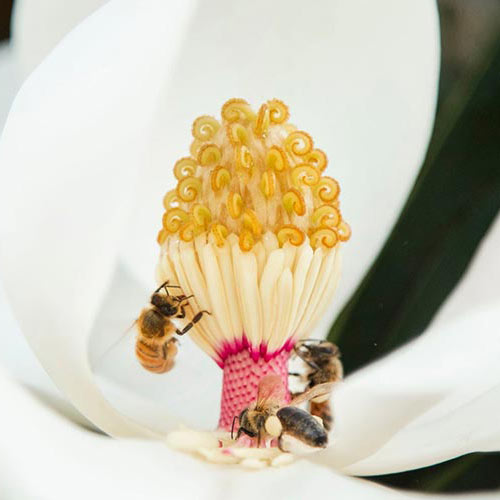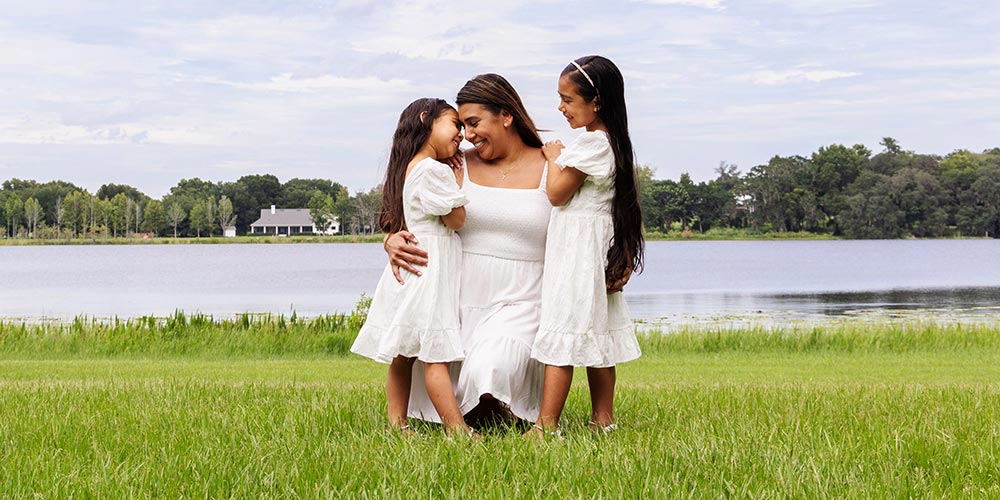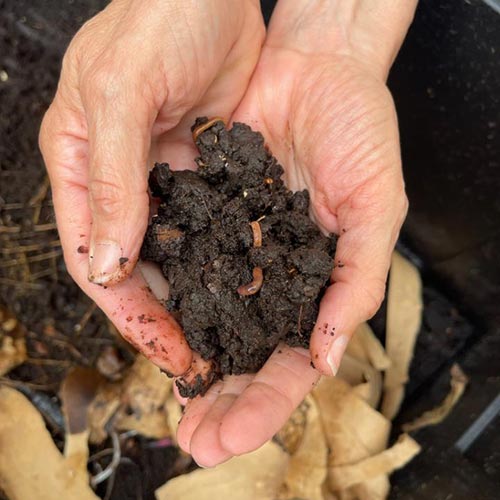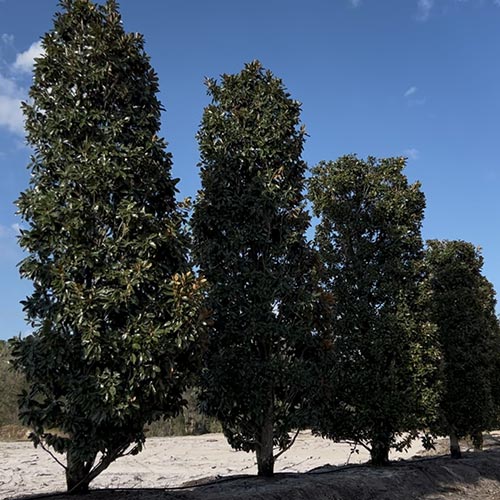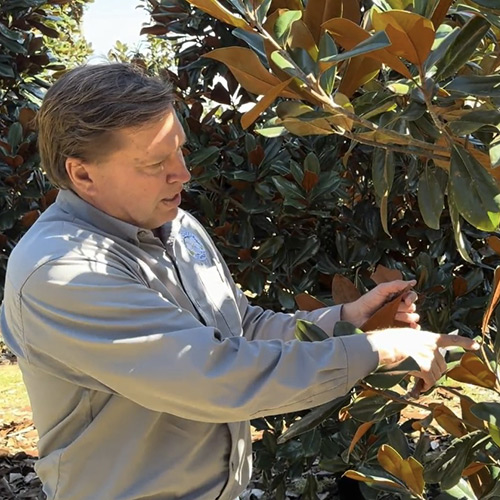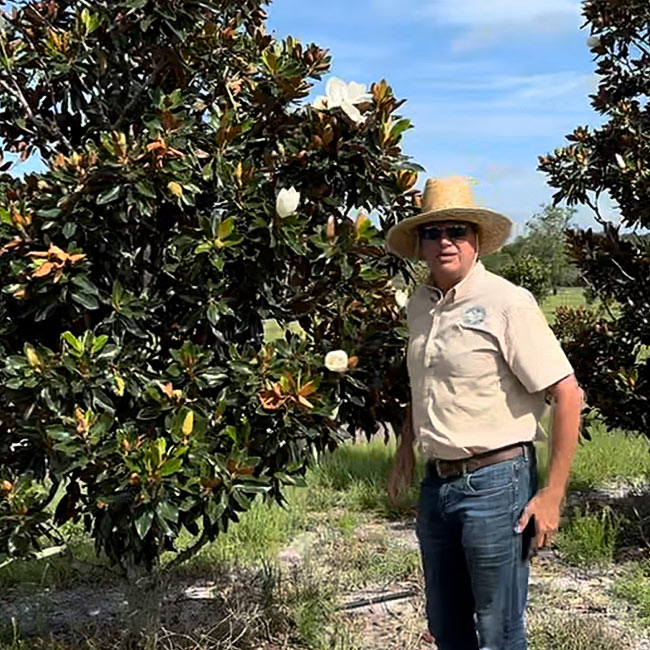Growing Up Green: How Outdoor Adventure Shapes the Next Generation
May 7th, 2024
The world is seeing something completely new as a cultural and evolutionary phenomenon: kids growing up with the world in their pocket. In an age dominated by screens and digital entertainment, it’s easy to overlook the simple pleasures of outdoor play. Still, the benefits of exploring nature – especially for kids – are both boundless and countless.
From supporting physical and mental health to nurturing a love for the environment, outdoor play is crucial in shaping the next generation of environmental stewards.
The Benefits of Outdoor Play
Physical Health
Outdoor play is a great tool for keeping kids healthy. It’s part of the reason we have gym class/P.E., recess, and outdoor parks. Running, climbing, and exploring help kids develop strong muscles and bones, improve their heart health, and practice their motor skills.
Getting out in the sun also boosts Vitamin D levels, which are vital for bone health and strong immune systems.
Setting up the habit of getting outside and being active early on in a kid’s life is also a great preventative measure – they’ll be less likely to struggle with chronic health and mobility issues later in life.
It’s easy to incorporate physical activity into outdoor play. Simple activities like playing tag, riding bikes, or even helping with gardening can get kids moving. Our brains are hardwired to seek rewards, so using games or playing sports is a great way to make exercise fun and engaging.
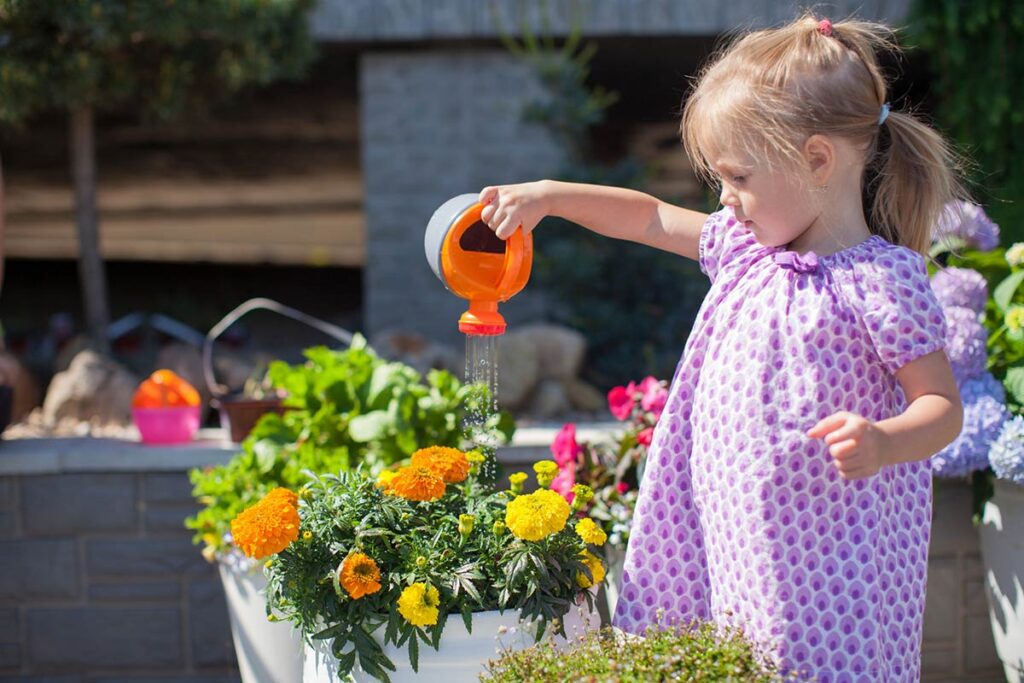
Mental Health
The mental health benefits of outdoor play are equally as important as the physical ones, especially as kids hit their teenage years.
It’s no secret that nature has a calming effect on the mind. It’s why we turn to the ocean or mountains for vacation; they’re known for reducing stress and anxiety. Studies have shown that children who spend more time outdoors have lower levels of cortisol (a stress hormone), and higher levels of serotonin (a neurotransmitter associated with happiness).
Moreover, outdoor play is great for fostering creativity and problem-solving skills. Think about all of the play-pretend you did as a kid, or the weird ways you solved problems with your friends. Nature provides an ever-changing, stimulating outlet that encourages imagination and exploration. Whether it’s building a fort out of sticks or chasing after fireflies, kids learn to think creatively and critically.
Social Skills
Playing outside often involves interaction with other kids, which helps them learn cooperation, communication, and conflict resolution. Games like hide-and-seek or team sports teach valuable lessons about teamwork and leadership.
Even in a game as simple as tag, kids have to mediate among themselves to determine what’s fair play. Maybe so-and-so cheated, maybe they didn’t – either way, the young group has to work out rules and boundaries on their own, which is a very important skill to have later in life. When the grown ups step back a little, the kids learn a lot about themselves, and that self discovery is a huge part of learning to function in a cooperative society.
Environmental Stewardship
Connection to Nature
An early introduction to nature is key to fostering a lifelong love and respect for the environment. It’s how we develop a sense of wonder and curiosity about the natural world. When we learn to love it, we’ll be able to care for it.
Kids are the next generation. If we’re being honest, humanity hasn’t done a very good job of caring for the planet or considering our future as a global ecosystem. The Industrial Revolution really took a wrong turn on that front.
It’s not some hippy idea; we need kids to care about the environment so that our kids, grandkids, great grandbabies (and so on) have a world they can truly live and breathe in. As far as we know, this planet is the only one we’ve got. We have to care for it.
Educational Opportunities
The outdoors is a vast, interactive classroom. Children can learn about plants, animals, weather, and more through direct experience (which is WAY more interesting than being lectured in school).
Planting a garden teaches kids about biology, ecology, and the life cycle of plants. Birdwatching or insect foraging can spark an interest in zoology and environmental science. The list is endless.
The Boy Scouts certainly got it right when they made so many environmental activities part of their badges – who wouldn’t want to learn how to identify animal prints or different kinds of animal poop? The stories and memories made along the way on these kinds of adventures last a lifetime.
Sustainability Practices
Simple activities like composting, recycling, or conserving water are fun and educational, and, if done habitually, these healthy practices stretch well into adulthood.
Gardening, in particular, is a hands-on way to teach kids about sustainability. They can learn about the importance of pollinators, the benefits of organic farming, and the impact of human activities on the environment.
Engaging children in local environmental efforts, such as community clean-up days or tree planting events, are also highly effective. These activities not only teach practical skills but also create a sense of community and responsibility.
Tips for Encouraging Outdoor Play
Create a Welcoming Outdoor Space
To encourage kids to get outside, it’s important to create a welcoming, fun, and safe environment.
Try setting up a play area in your backyard with elements like swings, a sandbox, a soccer net, basketball hoop, or a small garden where kids can dig and plant. Choose plants that are safe and interesting for children, such as sunflowers, marigolds, or strawberries.
Incorporating elements of nature into home decor can also inspire kids to spend more time outside. Bird feeders, water features, and garden art can make outdoor spaces more inviting.
Incorporate Outdoor Play into Daily Routine
Making outdoor play a regular part of your daily routine can help kids develop a love for nature. Schedule time for outdoor activities, whether it’s a morning walk, an after-school playtime, or a weekend hike. Consistency is key to making outdoor time a habit.
Safety Tips
The more good experiences kids have with the outdoors, the more likely they are to want to engage with it on their own. Here are some tips to keep in mind:
- Sun Protection: Use sunscreen, hats, and protective clothing to prevent sunburn.
- Supervision: Always supervise young children during outdoor activities.
- Age Appropriate Activities: Choose activities and equipment that are suitable for your child’s age and abilities.
- Hydration: Encourage kids to drink plenty of water, especially on hot days.
Parting Thoughts
The benefits of outdoor play for children are undeniable. From improving physical and mental health to fostering social skills and environmental stewardship, spending time in nature is essential for a child’s development.
By creating welcoming outdoor spaces, incorporating nature into daily routines, and teaching sustainable practices, parents and caregivers can help cultivate a lifelong love of the outdoors in their kids.
Encourage kids to explore, play, and learn in the great outdoors. Not only will they benefit from the experience, but they will also grow into the environmental stewards our planet needs.
Recent Articles

